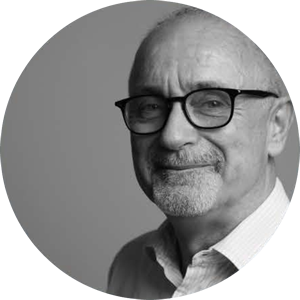
All About People
Need help to resolve your business, personal or employee conflicts & disputes?
Stay up to date with our latest news and workshops.
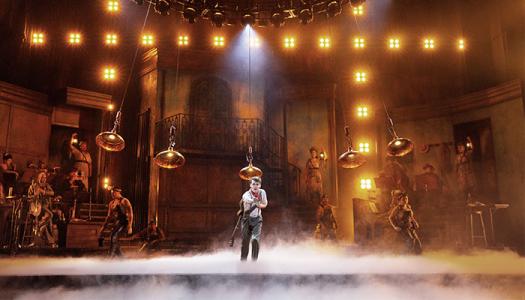
Fear is arguably the most powerful force in Hadestown. It drives Eurydice to accept Hades’ offer of safety in exchange for freedom. It causes Orpheus to falter at the final moment. It fuels Hades’ iron grip over the underworld and his desperate attempts to maintain control. Even the gods, who should be beyond such mortal concerns, are gripped by it.
In mediation, fear often presents as anger, avoidance, defensiveness or over-compliance. It is what keeps parties stuck in unproductive cycles – afraid to lose face, afraid to be honest, afraid to show vulnerability. Hadestown reminds us that fear is not just a personal emotion – it becomes systemic when institutions, like Hades’ empire, rely on it to maintain order.
Where fear divides, love seeks to connect. Orpheus and Eurydice’s story is ultimately about the courage to love in the face of uncertainty – to believe in each other, even when the odds are stacked against them. Orpheus’ song, his vision of ‘how the world could be,’ is a hopeful counterpoint to the bleakness of Hadestown.
In our work as mediators, we often see the quiet bravery it takes to try and rebuild trust after it’s been broken. Hope is not naive optimism; it’s a decision to engage, to listen, to imagine something better. As Anaïs Mitchell has said, “There’s value in trying, even if we fail.” A sentiment every mediator can relate to.
Hades is not an evil figure – he is, in many ways, a tragic one. His need for control stems from a deep-seated fear of loss. Persephone, his estranged partner, recognises the consequences of his obsession – not just on their relationship, but on the world above, which is wilting from neglect.
This is a powerful metaphor for workplace dynamics. We often see leaders whose fear of losing control leads them to micromanage, dictate, or avoid hard conversations. Yet true leadership, like true mediation, requires a letting go – of control, of ego, of the illusion of certainty.
The show’s refrain, ‘If no one takes too much, there will always be enough,’ is a call for equity, compassion, and shared responsibility. It’s no coincidence that the ensemble – the collective voice of the workers – are central to the narrative. It is togetherness, not individual heroism, that offers a path forward.
We are reminded of this daily in our work. Mediation is not about the loudest voice or the most senior title. It’s about helping people find common ground, often quietly and tentatively, through dialogue, curiosity and compassion.
Just as Hadestown draws on ancient myth to speak to today’s world, from climate crisis to inequality to disillusionment, so too does workplace mediation bring timeless human needs into modern contexts: to be heard, to belong, to be treated fairly, to have agency.
The relationships in the show – between lovers, rulers, workers – echo the workplace stories we hear every day. Misunderstandings that fester. Power used carelessly. People losing sight of what matters most. And yet, always, the potential for change. For something better.
The tragedy of Hadestown is not that Orpheus fails, but that he tries. And he will try again. Because the story – like the conflicts we see in our professional lives – repeats. But not always in the same way. Each time, there is the chance to do it differently. That is the quiet, persistent hope at the heart of mediation.
If you’ve seen Hadestown, I hope this offers a new way to think about its messages. If you haven’t – go. Or at least listen to the extraordinary soundtrack. You may find, like I did, that it speaks not just to your heart, but to your work.
To discuss how mediation and conflict resolution could help in your workplace – whether for a specific issue or as part of your learning and development programme – contact us at www.allaboutpeople.uk

Strategic Advice and Guidance for you and your organisation. Our accreditations:
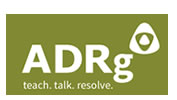

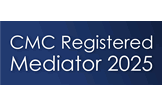
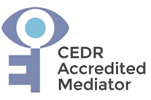
Stay up to date with our latest news and workshops.